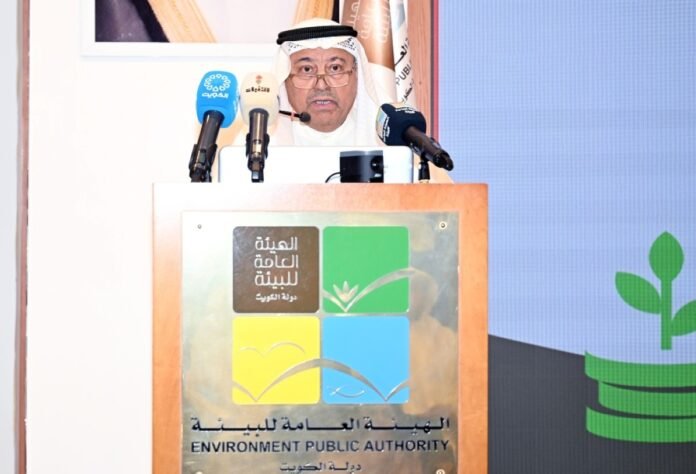Kuwait’s government affirms a profound climate action commitment. This belief is a deeply rooted national principle. Oil Minister Tareq Al-Roumi made this declaration emphatically. He spoke at a major regional environmental dialogue. The event focused on implementing the Paris Agreement. Minister Al-Roumi leads Kuwait’s Supreme Council for the Environment.
However, he stated protection is a duty to future generations. The government recently approved a comprehensive environmental roadmap. All relevant entities must now follow this plan. They will submit implementation reports every six months. This measure demonstrates the government’s serious intent. Kuwait is hosting this dialogue with the UN Environment Programme.
Therefore, the nation plays a leading international role consequently. It actively advances UN Sustainable Development Goals. Goal thirteen demands urgent climate change action. Kuwait’s leadership continuously prioritizes these critical issues. The country joined the UN climate convention in 1992. It remains an active international negotiation partner.
Moreover, Kuwait firmly believes in common but differentiated responsibilities. This principle aligns with its national development priorities. Meanwhile, a UNEP official issued a stark warning. Sami Dimassi is the Regional Director for West Asia. He stressed the urgent need for better climate readiness. Global temperature projections are alarmingly high.
Furthermore, current estimates suggest a 2.5°C to 2.9°C rise this century. This increase far exceeds the Paris Agreement target. West Asia faces severe risks from this warming. Water security and food systems are under threat. Energy supplies in the region are also vulnerable. Article six of the Paris Agreement is crucial.
However, it provides a framework for international cooperation. Market mechanisms could drastically reduce emission costs. Potential annual savings could reach $250 billion. Some countries still face significant implementation challenges. Addressing these gaps unlocks major opportunities for progress. West Asia can accelerate its energy transition effectively.
It can also mobilize vital climate finance streams. Regional collaboration will undoubtedly become stronger. Dimassi hopes the dialogue fosters knowledge exchange. This platform should build essential regional capacity. Kuwait’s climate action commitment is therefore crucial. After all, it sets a strong example for neighboring nations. The entire region must cooperate to confront this shared challenge.


